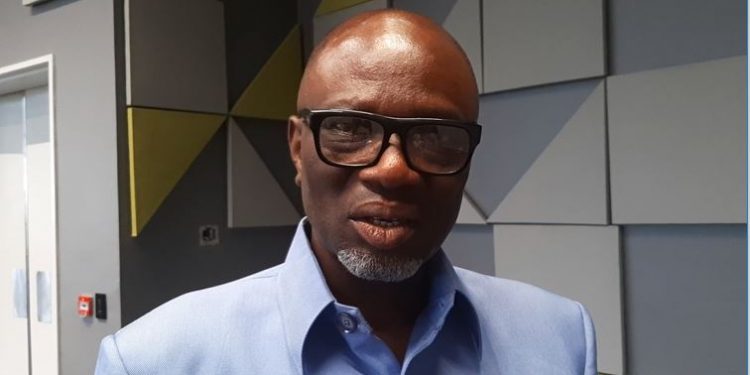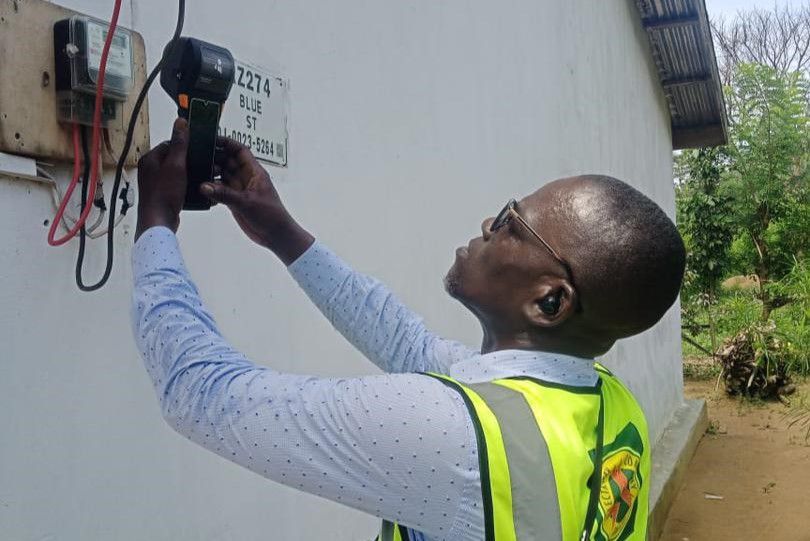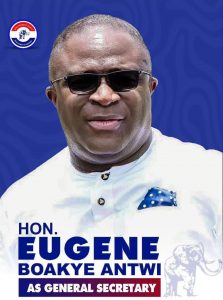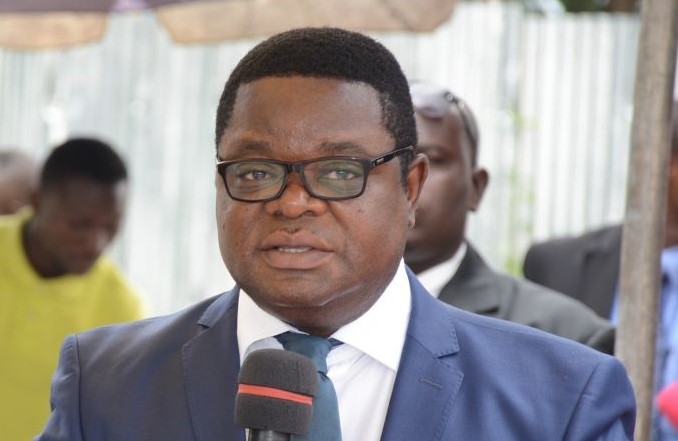
Reliable power supply remains a key driver of economic growth and is globally correlated with higher per capita income.
According to the World Bank, electricity is one of the top constraints to business activities and is identified by 22% of managers globally as the most significant obstacle to operations (World Bank, 2015).
Ghana’s experience is of no exception; the unreliable power supply during the 2013–2016 period, dubbed dumsor, led to a contraction of the economy from USD 63.7 billion in 2013 to USD 56.85 billion in 2016 (Statista, 2024).
Despite a subsequent economic recovery to USD 76.4 billion by 2023 (Ministry of Finance, 2024), these gains remain fragile without sustainable energy policies and robust political accountability.
It is important to note that Ghana’s energy problems are more of a financial nature than a technical one.
With an installed generation capacity of 5,492 MW exceeding the system’s peak demand of 3,848 MW as of 2024 (Energy Commission, 2024), the sector’s persistent difficulties stem from financial inefficiencies.
By the end of 2024, Ghana’s energy sector faced liabilities amounting to USD 2.5 billion—a situation that necessitated the formation of a 12-member team by President Mahama to avert another “dumsor” crisis (Baisie, 2025).
These financial issues have been politicised by successive governments, using them to discredit their predecessors yet have failed to offer definitive solutions.
For instance, the outgone NPP government inherited the same energy sector debt in 2016 (SONA 2024) but managed to stabilise power supply in very difficult conditions.
Current political actors must be reminded that political rhetoric does not keep the lights on; proactive measures and strategic financial management do.
The heavy reliance on expensive thermal generation constituting 68.9% of installed capacity underscores the need for innovative financing models and cost recovery mechanisms as well as focusing on cheaper but reliable power sources that transcend political cycles (Energy Commission, 2024).
Recommendations for Sustainable Energy Governance
Ghanaians deserve transparency and accountability in energy governance. To this end, we call on the John Mahama administration to adopt the following measures:
- Establish Transparent Energy Accounting: Publish energy sector debt, expenditures and revenue streams reports that are comprehensive and verifiable to build public trust.
- Implement Cost-Reflective Tariffs: Implement and improve upon a balanced tariff system that assures an affordable tariff rate for all vulnerable customers while still ensuring utilities can recover operating costs. Political actors must resist the temptation to manipulate tariffs for electoral gain.
- Decouple Distribution and Retail Functions: Separating the retail and distribution functions of the Electricity Company of Ghana (ECG) and the Northern Electricity Distribution Company (NEDCo). This will allow ECG and NEDCo to concentrate on their core mandates of efficient power distribution and loss reduction.
- Privatize the Retail Sector: Privatize on concessionary basis the retail segment of the power supply chain. Commercial losses in the sale of power in Ghana can be significantly reduced by the involvement of private companies, under performance-based contracts.
- Reform the Cash Waterfall Mechanism (CWM): Implement the CWM at the point of purchase to ensure timely and equitable disbursement of revenue. The current practice of pooling funds into an account before apportioning them via committee decisions must be discontinued.
- Invest in Renewable Energy: Set a course for a renewable energy transition plan based on solar, wind and hydro and reducing reliance on high-cost thermal generation. The bureaucratic hurdles to private sector investments in renewable energy must be removed.
- Depoliticize Energy Management: Empower independent regulatory bodies such as the Public Utilities Regulatory Commission and the Energy Commission to oversee the energy sector free from political interference, ensuring consistent and effective management.
- Foster Political Consensus: Call for a non-partisan energy summit to create a long-term roadmap to energy sustainability. This is to ensure that successive administrations adhere to this framework to prevent policy reversals that disrupt sector progress.
Conclusion
The future of Ghana’s energy cannot be a hostage to partisan politics. A sustainable and transparent energy policy is not only an economic imperative but also a moral obligation.
Past and present political actors must put aside “political blame games” and focus on the well-being of the citizenry.
As a Civil Society Organisation (CSO) committed to advancing the interests of Ghanaians, we reiterate that ensuring reliable and affordable power is non-negotiable.
The government must demonstrate political will to address the root causes of financial inefficiencies in the energy sector. Keeping the lights on is not a political favour; it is a fundamental right of every Ghanaian.
Source: citinewsroom.com
The views expressed in this article are the author’s own and do not necessarily reflect The Chronicle’s stance.
The post Keeping the lights on: A call for political accountability in Ghana’s energy sector appeared first on The Ghanaian Chronicle.
Read Full Story









Facebook
Twitter
Pinterest
Instagram
Google+
YouTube
LinkedIn
RSS